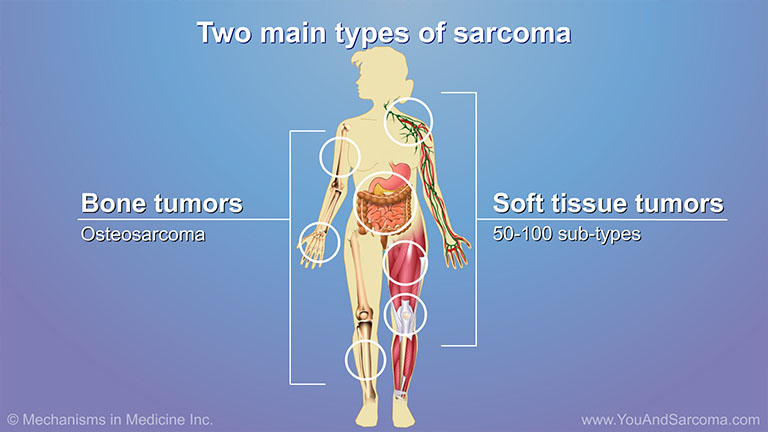
Soft tissue sarcoma skin#
In this disease, noncancerous tumors form in the nerves under the skin and in other parts of the body. You may have inherited a gene that is defective if anyone in your family had one of these diseases. If you have many family members who have had sarcoma or other cancers at a young age, ask your doctor about genetic testing to see if you are at greater risk for developing a sarcoma. If someone in your family has certain diseases, you may be more at risk for developing a soft tissue sarcoma. It is not known for certain, but it is thought that high exposure to herbicides, as well as the chemical dioxin and chlorophenols, may increase the risk. People who have worked with or have been around certain chemicals may be at greater risk of developing soft tissue sarcoma. In general, routine X-rays and diagnostic tests do not put people at a higher risk of soft tissue sarcoma.Ĭhronic lymphedema (where fluid collects in the tissue and causes swelling) after radiation to lymph nodes, or surgical removal of lymph nodes is also a risk factor. People who have had high-dose radiation to treat other cancers, such as breast or cervical cancer, have a slightly higher risk of developing a soft tissue sarcoma. These are the known risk factors for soft tissue sarcoma While the majority of people who get soft tissue sarcomas have no known risk factors, certain things can make one person more likely to get a soft tissue sarcoma than another person.

In fact, you can have all the risk factors and still not get soft tissue sarcoma, or you can have no known risk factors and still get it. Remember, just because you have one or more risk factors doesn't necessarily mean you will get soft tissue sarcoma.

Most people who get this type of cancer have no risk factors. There is really no way to know for sure if you're going to get soft tissue sarcoma.


 0 kommentar(er)
0 kommentar(er)
